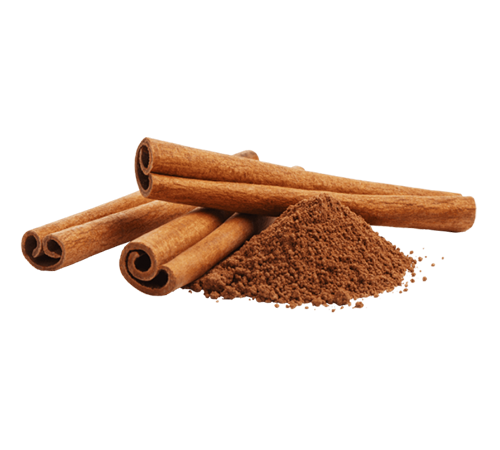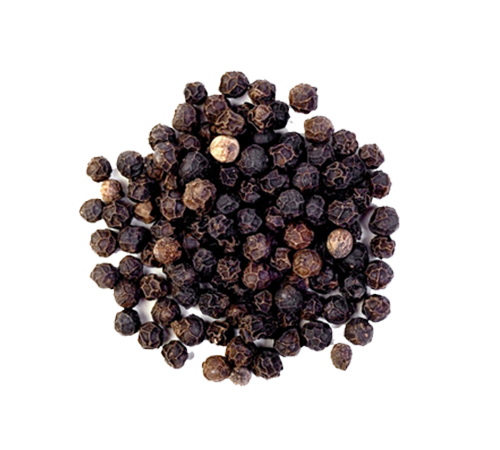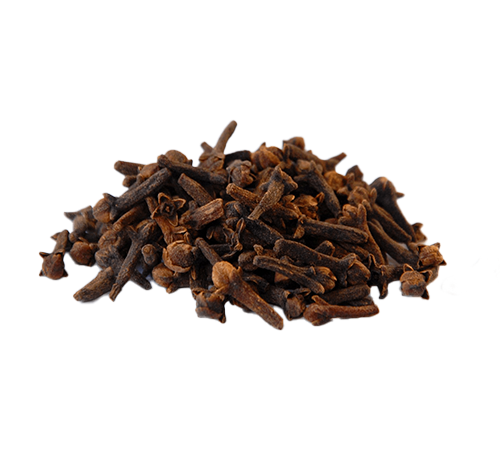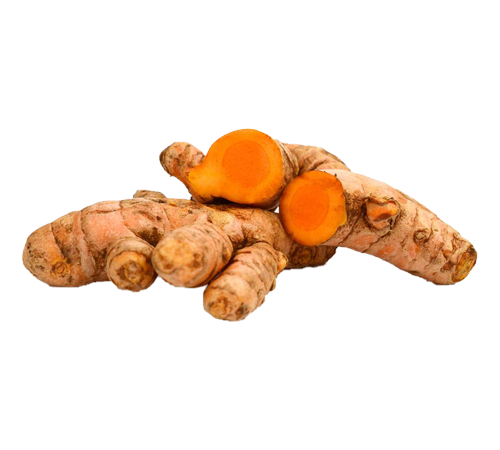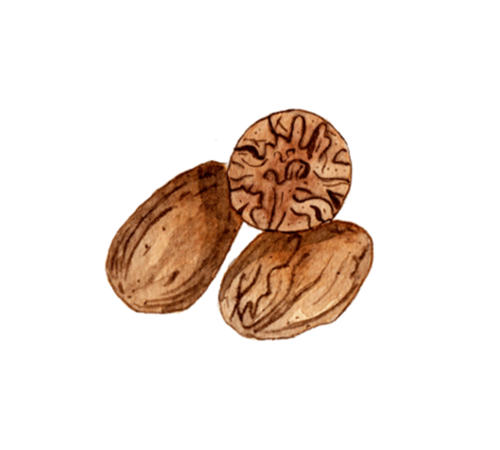Spices
Cinnamon
- Cinnamon is thought to have many medicinal and soothing properties, and is used
frequently in Chinese herbal medicine.
- There is some evidence to suggest that the consumption of cinnamon is associated
with a short-term reduction in blood pressure.
- Cinnamon has a reputation for helping manage blood sugar.
- Some research shows cinnamon may be good for people with diabetes.
- It’s sometimes used for irritable bowel syndrome or other stomach or intestinal
problems.
Black Pepper
- Black pepper, has a load of health benefits and a major benefit of consuming pepper
is that it aids in weight loss.
- Helps in good digestion and when it is consumed raw, hydrochloric acid is released
by the stomach and helps in breaking down the proteins.
- If you are suffering from constipation adding some pepper to your food daily can
solve this problem.
- Black pepper is said to prevent skin pigmentation (Vitiligo).
- To treat dandruff, add some crushed black pepper with some curd and add it to your
scalp and let it dry.
Cloves
- Cloves contain fiber, vitamins, and minerals, so using whole or ground cloves to add
flavor to your food can provide some important nutrients.
- In addition to containing several important vitamins and minerals, cloves are rich in
antioxidants.
- Anti-bacterial properties of cloves could even help promote oral health.
- Some research indicates that the compounds found in cloves could help treat
stomach ulcers.
- Patients suffering from bronchitis, and asthma are often advised to inhale the smell
of cloves for instant relief.
Cardamom
- Cardamom is rich in compounds that may fight inflammation.
- It’s often mixed with other medicinal spices to relieve discomfort, nausea and
vomiting.
- The use of cardamom to treat bad breath and improve oral health is an ancient
remedy.
- This spice is a regular feature in many dishes across cuisines the world over.
- Cardamom has muscle-relaxing properties, and these can help relieve hiccups.
Turmeric
- Turmeric is the spice that gives curry its yellow color.
- In addition to antioxidant effects, turmeric has also been shown to lower cholesterol
and triglycerides in people at risk of heart disease.
- Turmeric can increase the antioxidant capacity of the body.
- Turmeric has also deep roots in both Chinese traditional medicine and Ayurveda for
treating arthritis.
- While doctors commonly recommend taking 500 milligrams twice daily with food as
a supplement or use it as a spice.
Nutmeg
- Nutmeg is found to have health benefits, including its ability to relieve pain, soothe
indigestion, and strengthen cognitive function.
- Contains powerful antioxidants.
- Nutmeg is rich in anti-inflammatory compounds and these may help reduce
inflammation in your body and benefit those with inflammatory conditions.
- Nutmeg has been shown to have antibacterial effects against potentially harmful
strains of bacteria.
- This popular spice has a variety of uses in the kitchen. You can use it alone or pair it
with other spices, such as cardamom, cinnamon, and cloves.
